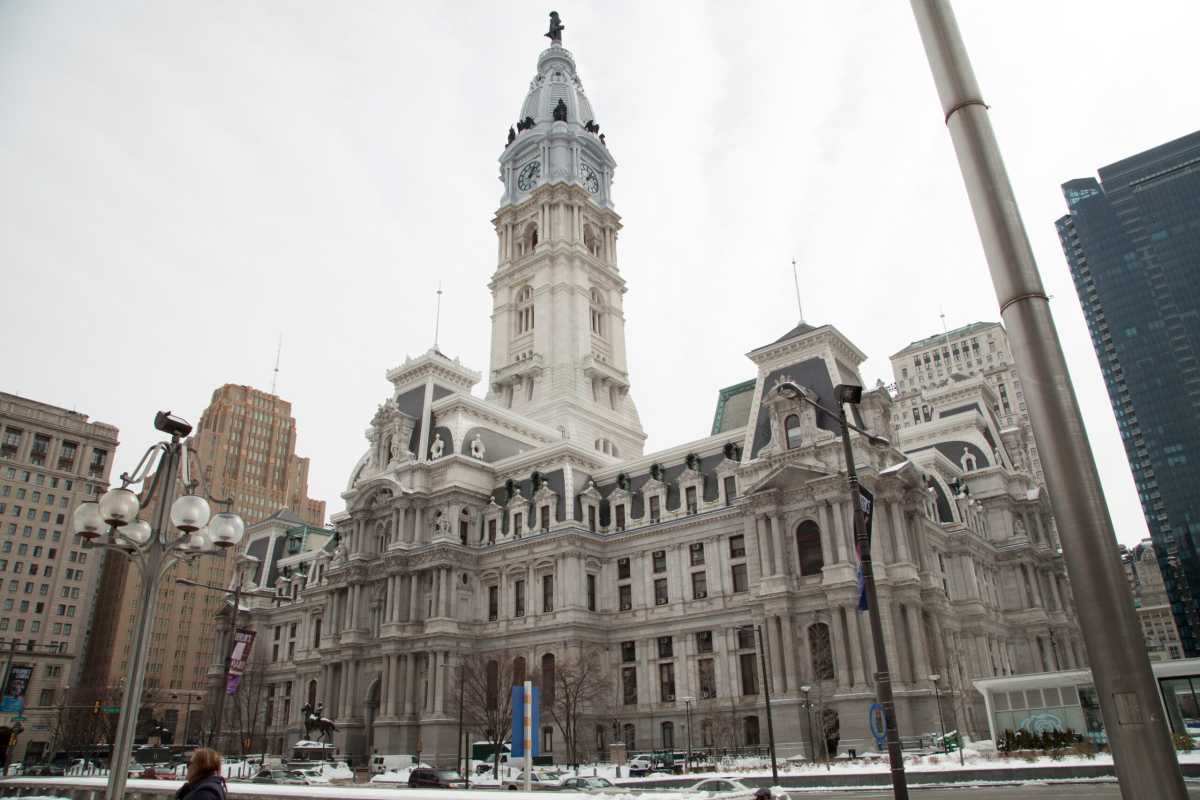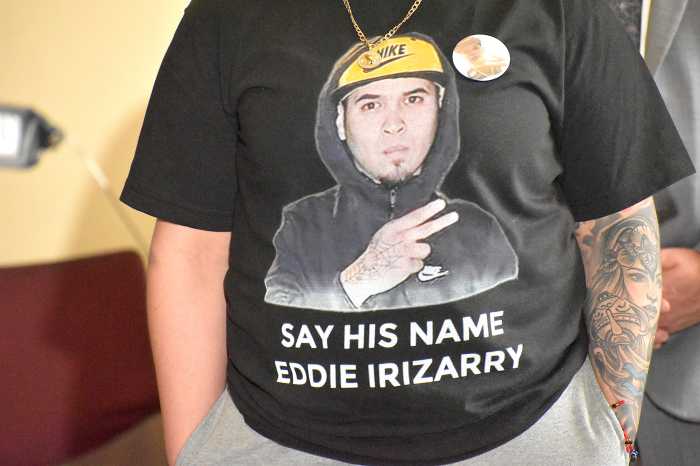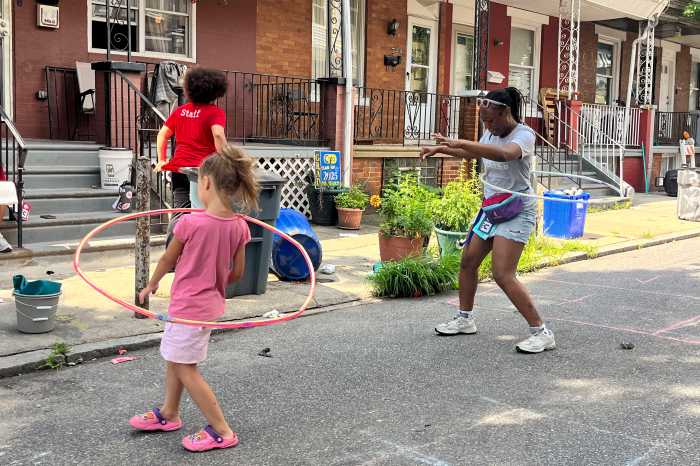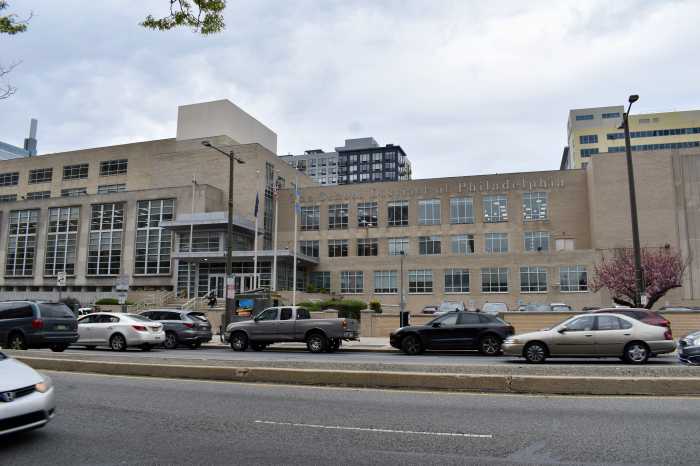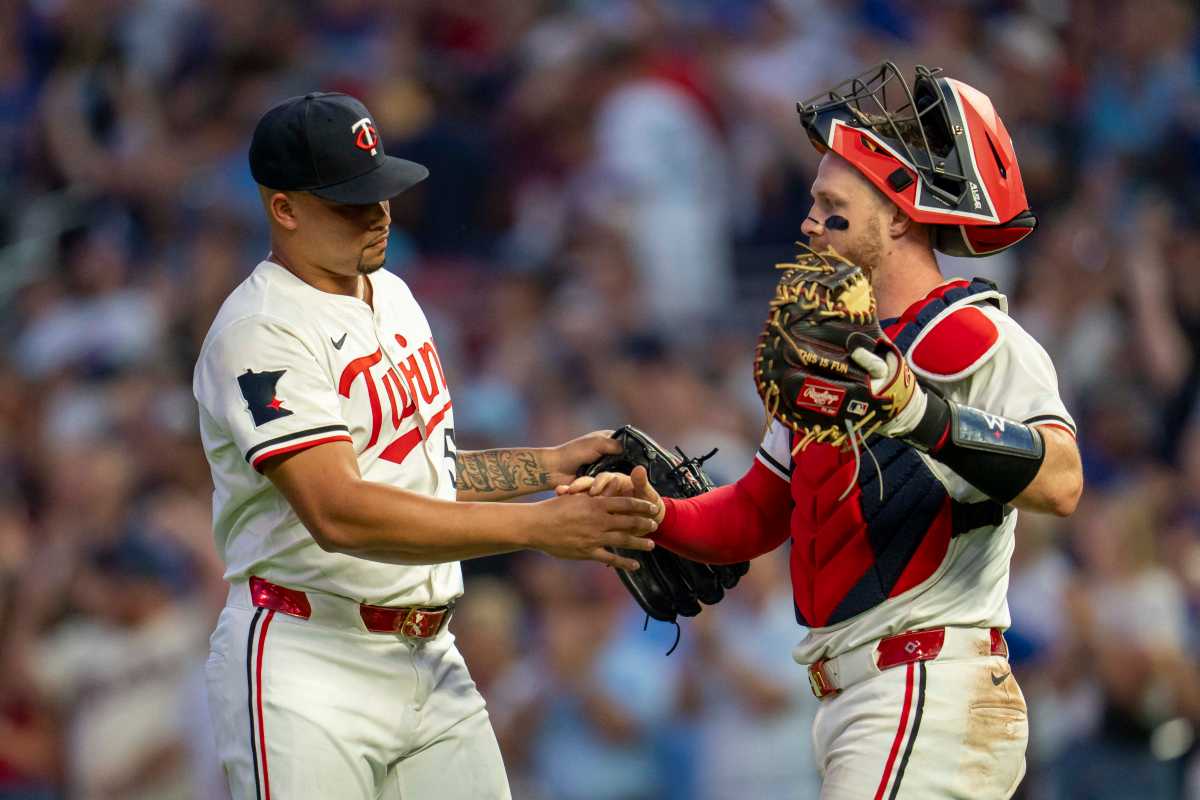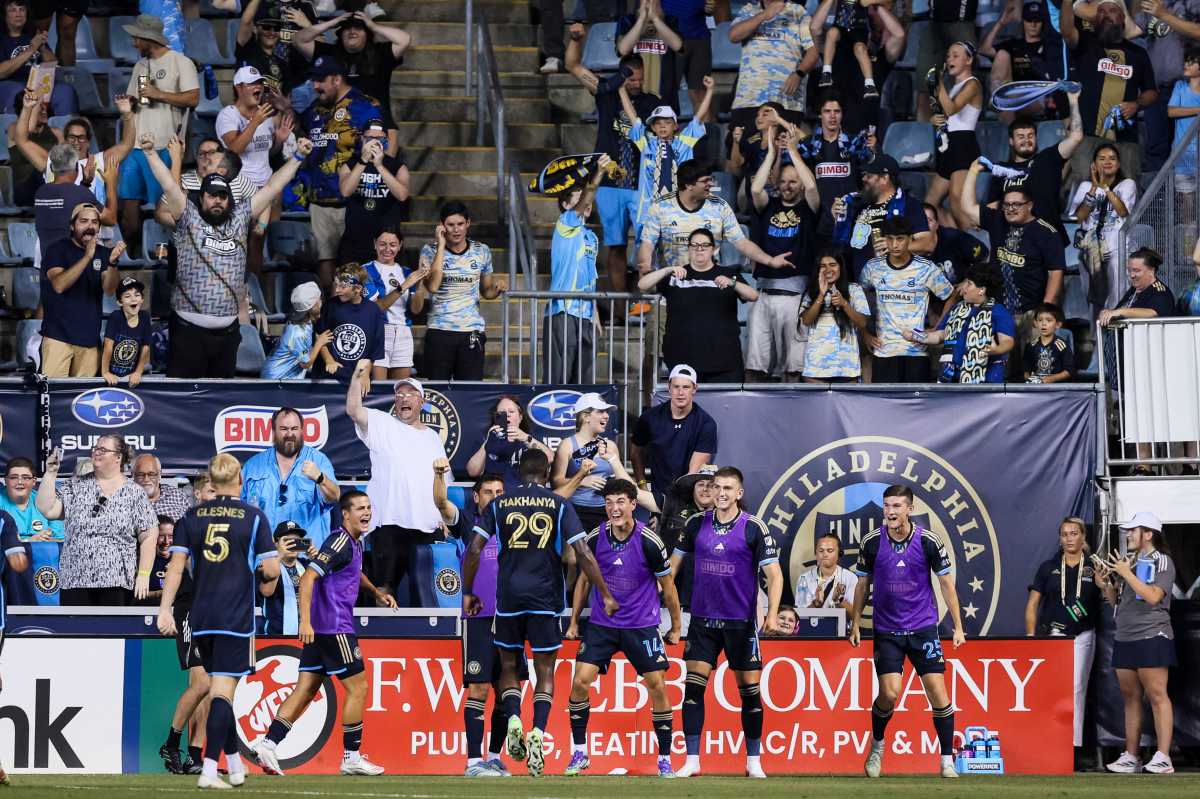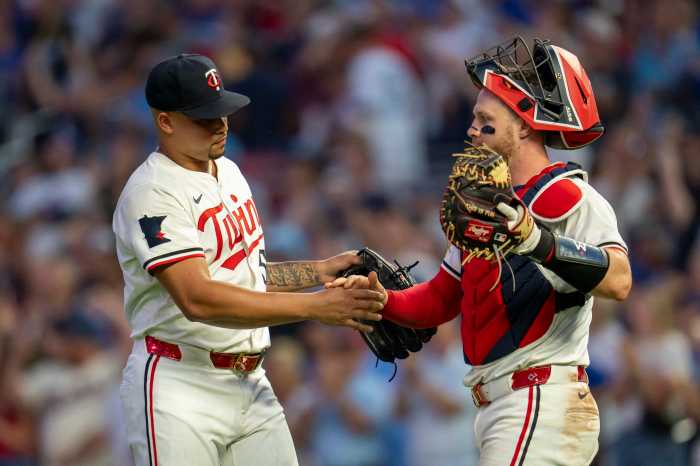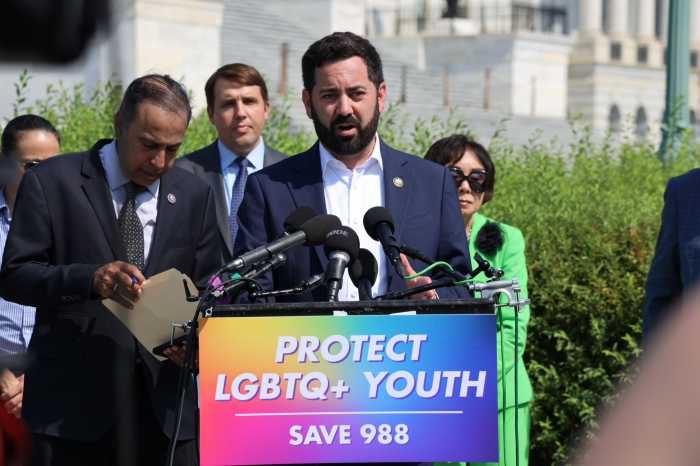A gaming machine distributor and a 7-Eleven franchise owner have sued to block legislation City Council passed last week banning so-called “skill games” from most businesses.
The law, approved in a unanimous vote Thursday, prohibits devices with a cash payout from any establishment without a liquor license and at least 30 seats. Exempted locations, such as bars, taverns and clubs, would be limited to no more than five video terminals.
Violators can be fined $1,000 a day per game, and failure to remove the machines could eventually lead the city to issue a cease operations order or revoke the business’s commercial license, the ordinance says.
Almost immediately after the Council vote Thursday, G&B Amusements, a Pennsylvania distributor for prominent skill game manufacturer Pace-O-Matic, and Tariq Jahlil, a 7-Eleven franchisee based in South Philadelphia, filed a lawsuit.
Attorneys for the pair, in a Court of Common Pleas complaint, argue that Council is overstepping its authority in regulating gambling and gaming. That power is reserved for the state legislature, they assert.
The lawsuit also contends that the ordinance infringes on property rights; unfairly targets skill games; and disrupts a legal contract, among other allegations.
Pace-O-Matic makes the popular Pennsylvania Skill machines, and Mike Barley, a company spokesperson, said in a statement that the games “have been deemed legal by several courts, including a unanimous Commonwealth Court last November.”
In that decision, the court ruled that the terminals are not slot machines or gambling mechanisms because they incorporate a feature that relies on a player’s memory. The Pennsylvania Attorney General’s Office has appealed the decision to the state Supreme Court, and the case is pending.
Local lawmakers have argued that the gaming terminals are a magnet for crime and prey on poorer residents.
Councilmember Curtis Jones Jr., the primary sponsor, on Thursday thanked his colleagues for supporting the bill and for “standing up to giants and bullies” lobbying on behalf of the industry.
“It is not a perfect bill,” he said. “And we are open to continued conversations with people to figure out how to make it a better bill.”
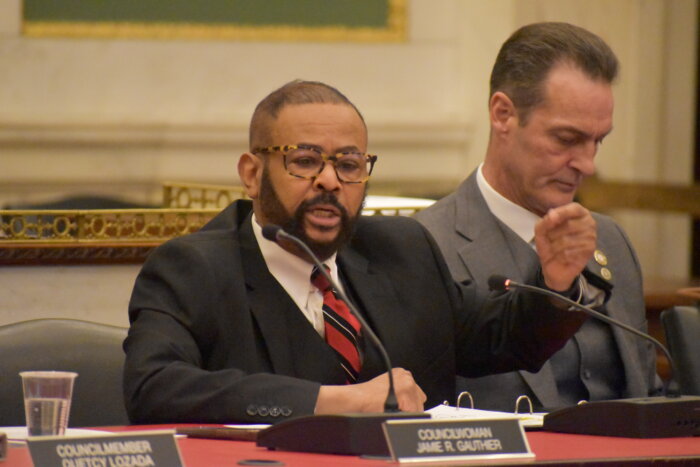
Jones, during a three-and-a-half-hour committee hearing on the bill last month, noted that the Jan. 26 shooting that killed 28-year-old Alexander Spencer and injured a police officer occurred inside a Fairhill beer deli with multiple skill games.
Small business owners showed up to the hearing to oppose the ban, saying revenue from the gaming terminals helps keep their shops open and retain employees.
Barring any court injunction, the law will go into effect immediately if and when Mayor Cherelle Parker signs it. Joe Grace, Parker’s communications director, told Metro that the mayor’s office does not comment on passed legislation until she has time to review it.
A version of the legislation introduced last year was “pocket vetoed” by Mayor Jim Kenney, meaning that he did not sign it before the end of his term and did not provide an opportunity for Council to override a formal veto.
Philadelphia police leaders, including Commissioner Kevin Bethel, testified in support of the bill at the Feb. 20 committee meeting, but they acknowledged that the policy will be difficult to enforce.
“We have to do an undercover investigation to see whether or not there’s a payout,” Deputy Police Commissioner Francis Healy told lawmakers. “It’s not just the mere presence of the machines. It will take some work.”
He added that the law could be enforced by the PPD and the Department of Licenses and Inspections. Bethel said his department would be willing to “build out the capacity” to meet the needs of the community.
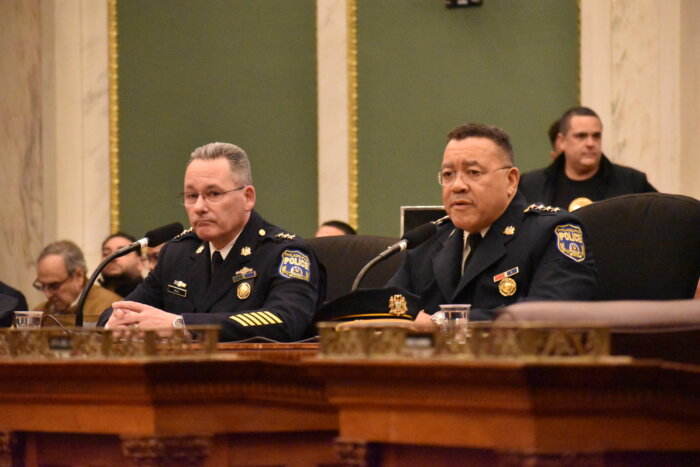
Barley, of Pace-O-Matic, said the company had hopes Council would crack down on illegal gambling machines and wait for action in Harrisburg, where legislators are debating regulating and taxing the industry.
Gov. Josh Shapiro, as part of his budget plan, has proposed taxing skill game proceeds at 42% and regulating the devices through the Pennsylvania Gaming Control Board. Legislators have also introduced various bills taxing and regulating the industry.
Jones has said Harrisburg has had years to intervene and Philadelphians are tired of waiting.
“I believe, by passing this bill, it will incentivize our colleagues at the state level to finally take this on and finally do something on behalf of Philadelphia,” he said Thursday.



